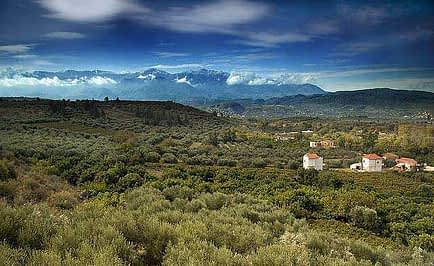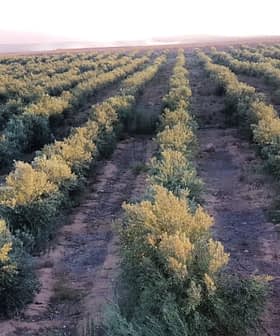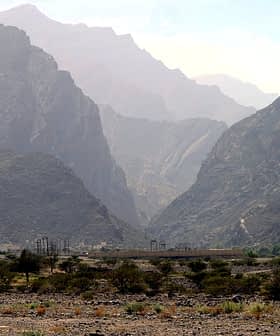The deep recession of the Greek economy has made many young and educated urbanites turn to the good old family land and become new and ambitious farmers.
Among their preferred products are some exotic ones, like whortleberries and blackberries, pomegranates, stevia, aloe and black truffle, but more than half of them prefer olive tree cultivation. Olive trees have always had a special place in Greek agriculture and are inextricably linked with the country’s traditions.
What is more, olive groves are now considered to be a good investment. Potential investors are seeking olive groves of 8 acres and more, and are willing to pay up to 300 euros per olive tree for a well-placed and irrigated grove.
Their intention is to secure their money, since “land never loses its value” as the conventional wisdom in Greece has it, and receive at the same time an extra income from the oil and edible olives (not to mention a supply of EVOO for personal use, which all Greeks need).
Newborn farmers, land investors and new entrepreneurs engaged in the branded olive oil sector, all comprise a most promising task force of olive oil lovers, that can take Greek olive oil to the next level and exploit its merits.
But that’s not all; according to the European Network for Rural Development, the ranks of young farmers throughout Europe have been diminishing, threatening the viability of rural regions. Recent developments may be the spark to reverse things and ignite an unparalleled return to land, especially in the countries of Southern Europe which have tight bonds with agriculture and suffer the most from the lurking financial crisis.









